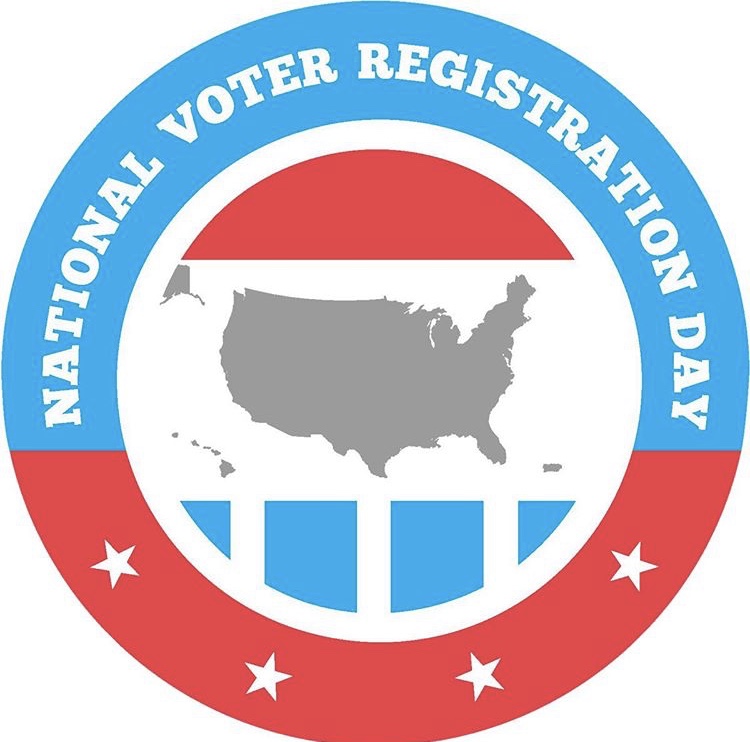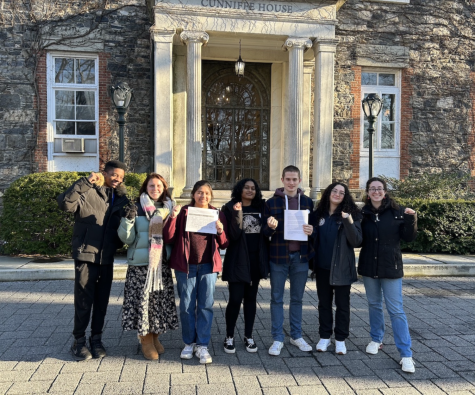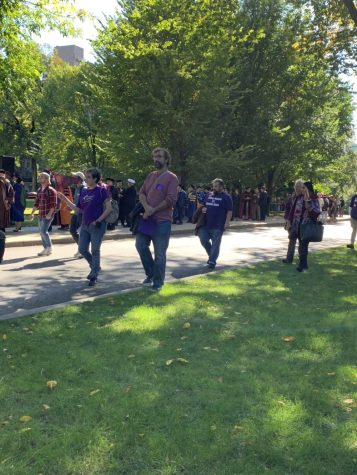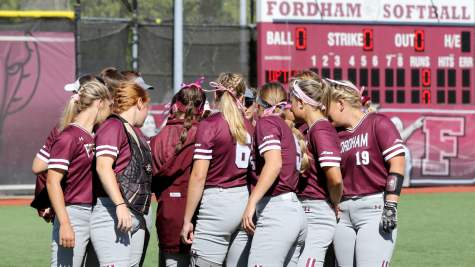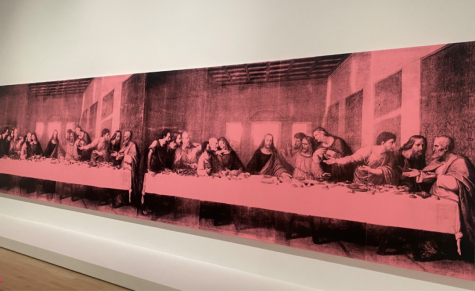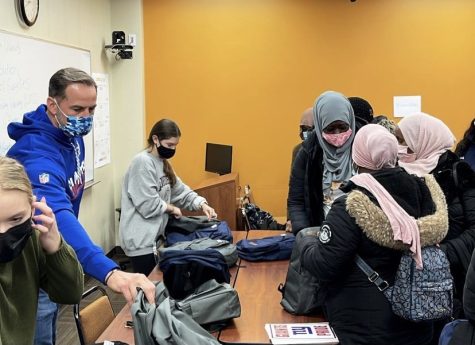College Republicans and College Democrats Push Voter Registration
As the November election nears, Fordham College Democrats and Republicans are working to register students to vote in an effort to battle historically low voter turnout among young people.
While youth (18-24) voter turnout nearly doubled from the 2014 primaries to those in 2018, according to the Center for Information and Research on Civic Learning and Engagement (CIRCLE), a research group from Tufts, it still pales in comparison to that of the older generations. According to the United States Census Bureau, 46.1%of 18 to 29-year-olds voted in the 2016 election, in comparison to 70.9%of those 65 years and older and 66.6% of those aged 45 to 65 years old. This gap was largely sustained in the 2020 primaries and contributed to Senator Bernie Sander’s loss.
A lack of government interaction and a perceived disconnect between the actions of elected officials and the lives of young people may contribute to this issue, according to Monika McDermott, a professor of political science at Fordham University who studies voting behavior.
“[Young people] don’t see that they have a real stake in the system,” she said. “It takes time and experience, and entanglements like having children or homeownership before people start to make that connection.”
According to Robert Hume, the chair of the political science department at Fordham, the turbulence of youth may also impact voter turnout.
“I think a lot of young people would like to participate, but they are in a transitional period of their lives, which makes it hard,” Hume said. “They tend to be very busy and under a lot of stress, which makes it difficult to find the time to prioritize voting.”
The importance of young people voting, despite these challenges, was reiterated by the Fordham College Democrats and Republicans alike.
Many of the issues candidates are currently contesting such as student loan forgiveness, social justice issues and environmental issues, will have long term impacts on the youth, especially Fordham students, according to Caroline Chaplin, treasurer of Fordham College Democrats.
“We are all impacted by the rising costs of a college education,” Chaplin said. “In addition, our surrounding Bronx community is disproportionately affected by many social and environmental issues being contested in this election, COVID-19 response being one at the forefront.”
For Timothy Kyle, president of the Fordham College Republicans, college students have a duty to match their political fervor to their voting commitment.
“College students may have a bigger responsibility to vote because it is so often college students that make grand proclamations about how they think the world should be,” Kyle said.
Kyle said he believes it is important for Fordham students to consider what kind of future they want.
“What kind of job market do they want to graduate into?” he asked his peers. “What sort of taxes do they want to be paying?”
Fordham College Democrats and Republicans are working to resolve this contradiction between the importance of young people voting and the generally low voter turnout among this age category.
The College Democrats are using social media as one of their principal forms of communication, sharing information regarding voter registration and absentee ballots as well as encouraging students to develop a plan of how they will vote, according to Claire McDonnell, the president of the College Democrats.
“We are going to be pushing information over social media and at our meetings because right now that is the best way to reach the most students we can,” said McDonnell.
The club’s Instagram, @fordhamcollegedems, includes information about when state primaries are and general information about the candidates running. According to Chaplin, they are also working on text banking, which allows the Fordham Democrats to share information with lots of people quickly.
The College Republicans have biweekly meetings and use this time to share similar information with their members, directing them to helpful and reliable online resources that detail ways to vote, according to Kyle.
The College Republicans are also stressing the importance of local elections.
“We’re going to emphasize the importance of not only securing a win for Republicans at the presidential level but also all the way down the ballot,” Kyle said. “Hopefully, this emphasis can motivate even students who feel they’re in a solid blue state to register to vote because of the importance of local and congressional elections on their lives.”
“The only way that we can truly have a representative democracy is if everyone votes,” said Hume. Despite their differences, the College Democratic and Republicans are both working to make this democracy a reality.
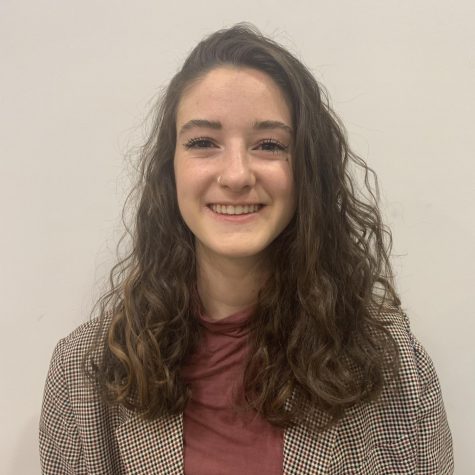
Editor in Chief for Volume 103
Culture Editor for Volume 101, Volume 102.
Rachel Gow is a junior at Fordham College at Rose Hill, majoring in Journalism...



































































































































































































